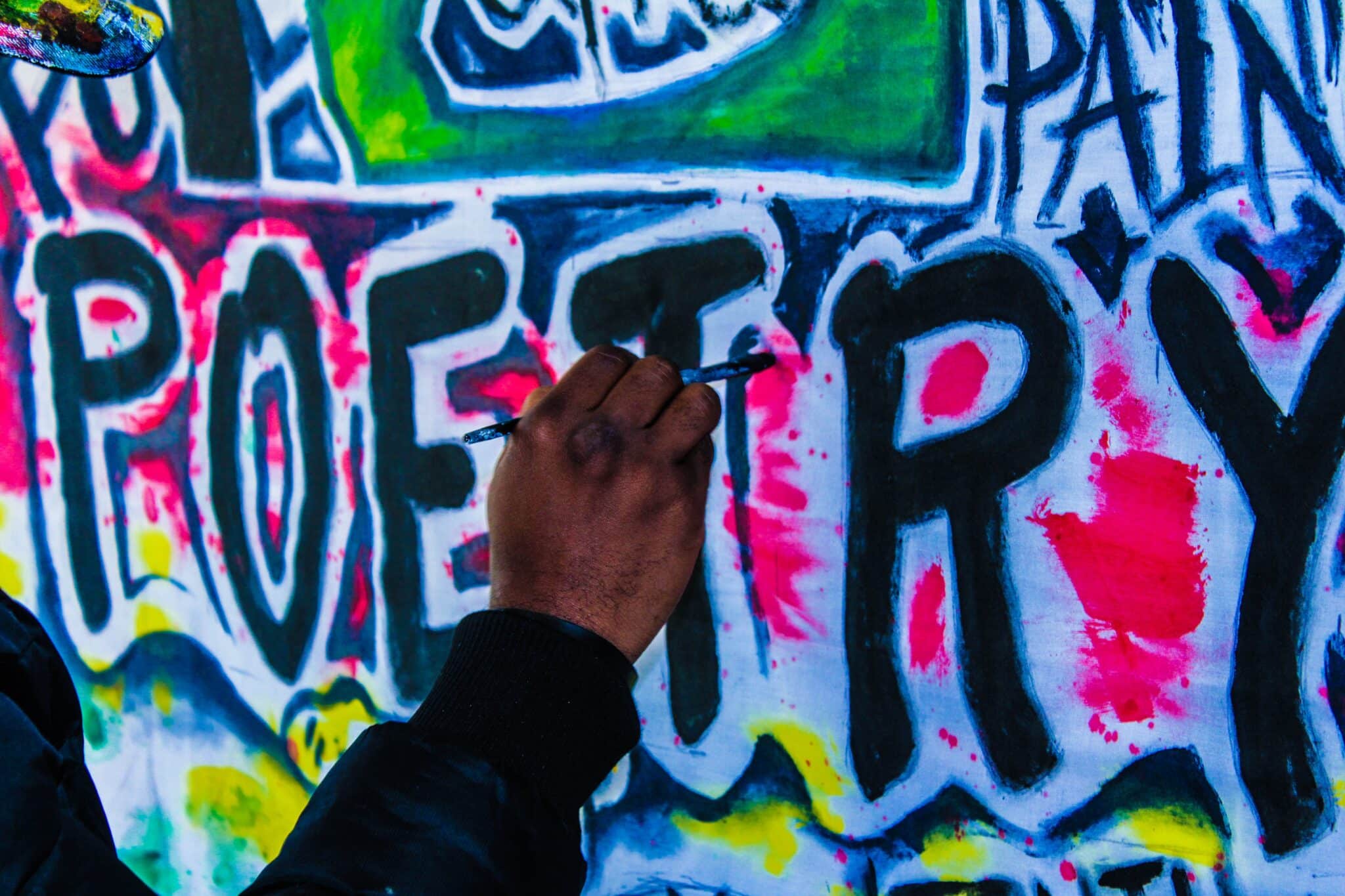This autoethnographic essay offers a musing on the intricate relationship between language, writing and identity through an autoethnographic account of my reading and writing experience from childhood to present, and from China to the UK via Germany.
However, this autoethnographic piece helped me recognize the importance of levity even when the intellectual content is heavy.
This autoethnographic account explores the complex relationship between language and identity.
Ulla-Maija Matikainen·
All ContentAutoethnographic EssaysAutoethnographic PoetryEducationFrom the EditorsMoreVolume 3, Issue 2 (2023)
··4 min read A tsunami of words, images, learned and pushed feelings and thoughts go through us every day. Poetry is a way to find our own voice.
"In "Becoming Multilingual," part 2 of my column, "¡Aguacate! Bringing Up Bebe Bilingüe," I use autoethnography as a writing approach to capture and represent the personal experiences of myself, a qualitative researcher, who has become the researched."
"When a favorite perfume ceases to exist, it is another kind of death. Having been created, it leaves a special sort of emptiness," from Eulogy for a Perfume.
"Ongoing horrific events painstakingly filled my mind when I submerged into Dante’s Commedia Divina. Our tragedy with nature revealed itself to me in its deepest form."
"The words we use and how we say them are much more than sounds, they tell a story that gives us away, revealing a history about and behind us, a place and a people that we have come from."










